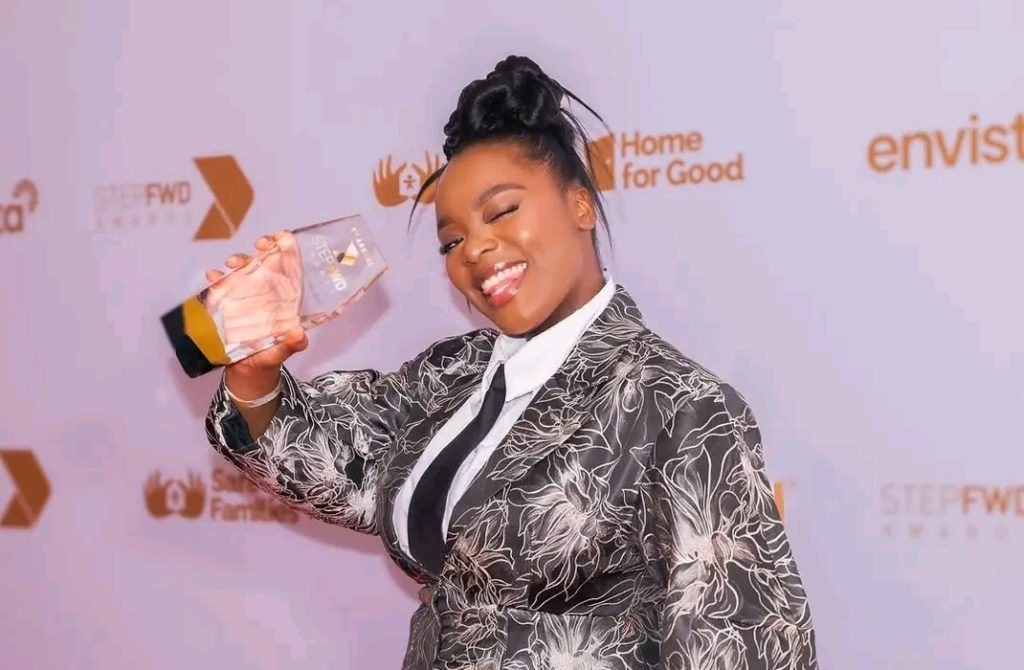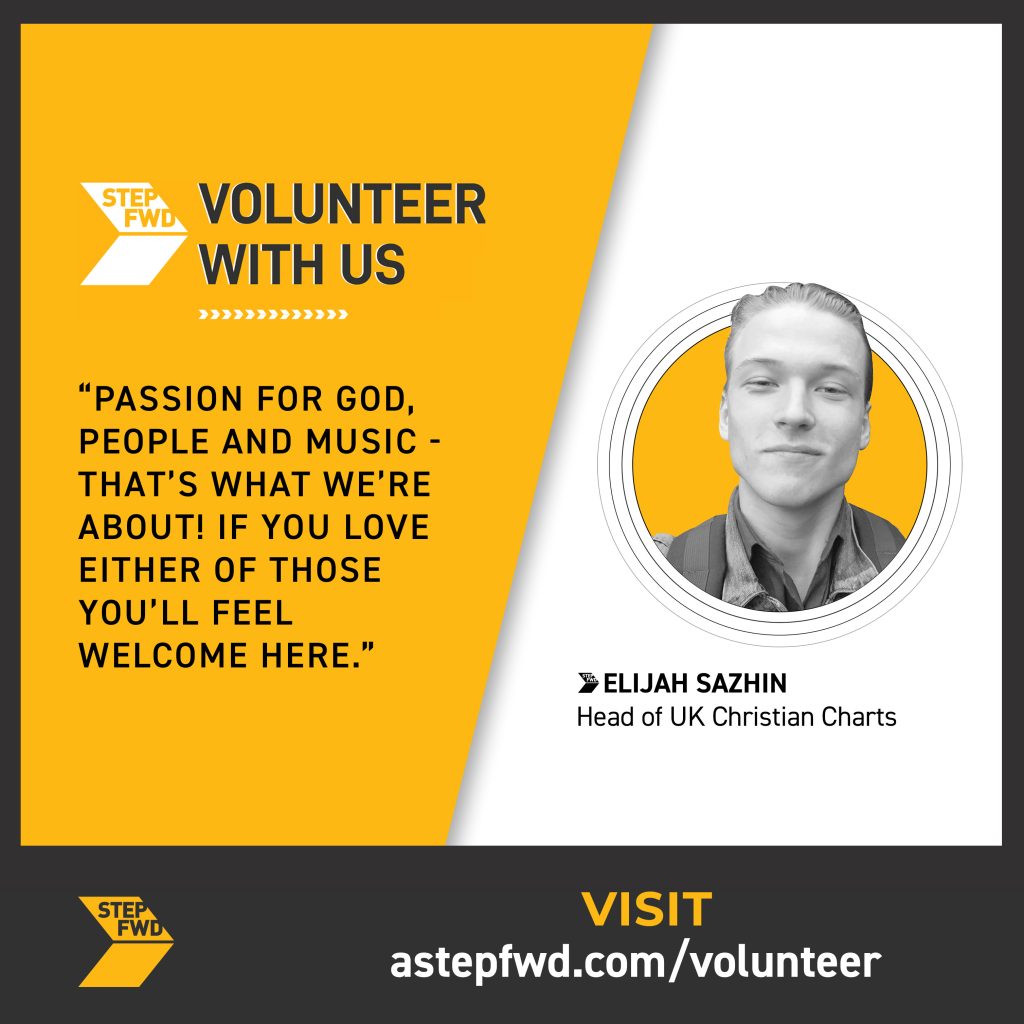What if I told you that drill music wasn’t the cause of gun and knife crime in UK cities? What if I told you that hip hop wasn’t the menace to society that the media’s making it out to be?
We’re in a very strange time now when drill music – an offshoot of hip hop – is now public enemy number one. Some may say it’s done a lot to gain its notoriety. In a short space of time, drill has gone from underground phenomenon to the word on everybody’s lips in the mainstream media. And the reason it’s so often talked about is its association with violence.
Listen to much of the music produced in this genre and you’ll find it’s no walk in the park. It’s gritty, dark and violent. It’s communicating in a way that most find unpalatable. And the influence it’s having hasn’t escaped the attention of the authorities. The Metropolitan Police has even gone as far as taking action against gang members making drill music. The authorities have also worked to take drill music videos down from YouTube.
Speaking to the Independent, detective chief superintendent Kevin Southworth who leads the charge in bringing down gang crime in the capital said, “There were a number of different drill videos and social media postings that were clearly and only designed to incite violence and provoke each other.”
There’s a problem. Although violence in London is said to be stabilising, it’s still unacceptably high. One dead young person is too many. And at the same time, drill music is at the centre of attention for talking about the events happening on inner city streets. But are they both sides of the same coin. And can the perceived problem also be part of the solution?
Dealing hope
Many heads turned, particularly in the Christian world when the BBC 1Xtra documentary Gangs, Drill and Prayer went live. It showcased artists such as Hope Dealers who are quickly becoming the face of the movement. When I first interviewed them a few years ago, they were like many hungry MCs trying to get their message out. But it was early days for them. Little did they know they would be featured on some of the biggest outlets in the country.
But the question is this. Can drill music be used positively to speak messages of hope to people?
A lot of people might not like this but drill isn’t a new movement per se. Sure, the style and BPM might be slightly different but it’s all come from hip hop, which isn’t a new genre at all. And it didn’t take long after hip hop was first invented in the seventies before it started to court controversy.
But running alongside everything that was happening during gangster rap in the nineties and grime in the 2000s, was a nucleus of people who wanted to flip the script. There were people who were not just making so-called conscious rap, they were making music that directly brought people to faith in Jesus Christ. They were artists who didn’t just want to make a Christian version of the ‘naughty’ stuff that got censored on the radio. They wanted to reflect their own reality in an artform that allowed it. And at the same time, they connected with other people who needed to hear it.
Music is at its best when it’s real. It’s at its most heartfelt when it’s honest and reflects a personal journey. Think that’s a new concept? Read the book of Psalms. Hip hop excels at this in particular because the whole genre is built on having the freedom to talk about your own life and not songwriting clichés that exist both in and outside of Christian music.
How should the church respond?
It’s clear that people want real life truths in their music. But what truth are they being presented with? Maybe the style of music isn’t the issue here but the lifestyle that sits behind it. If you’re living a gang lifestyle, that will obviously come out in your music. And that’s the same whatever genre you choose to make. So if we are serious about wanting to bring down knife and gun crime, we have to address the wider issues. And unfortunately, that means doing more than stopping rappers putting videos on YouTube.
I’m not always a fan of the phrase ‘the church need to X’ being the last line of EVERY discussion. But I do think that the church does need to be part of the response to violence on our city’s streets. I also think we as a country and our government needs to be increasing, not cutting its investment in services that pull people out of cycles of hopelessness.
Not every response to violence looks the same. And although some churches will embrace the rappers in their congregation and the work they’re doing both inside and outside of the church, others won’t. In the UK, there’s now a diverse fabric of churches that operate differently. But something they should all have in common is that they should support initiatives that spread the gospel and bring about change in people’s lives.
That might mean seeing people serve in ways that although might be spirit-centred, might not be to our personal taste. After all, the church should be a demographic reflection of the world in which we live. We shouldn’t all be carbon copies of each other within our congregations. The early church took steps to be diverse. Why do we love creating Christian ghettos?
It’s bigger than hip hop
Any genre of music, drill, hip hop, rock, pop, or dare I say it, even gospel, can be used to both positive and negative ends. There’s no such thing as a genre that is evil in and of itself. Behind the microphones are people that need to be related to, interacted with, and loved. It’s a need that extends beyond all types of music and all walks of life.
The issue of violence is bigger than drill. It’s bigger than hip hop. Using it as a scapegoat for wider problems isn’t helpful, especially when there are people putting in endless hours of work, spending large amounts of money just to try to use it help, not hurt people. We need to be engaging people on a much deeper level than their favourite types of music.











